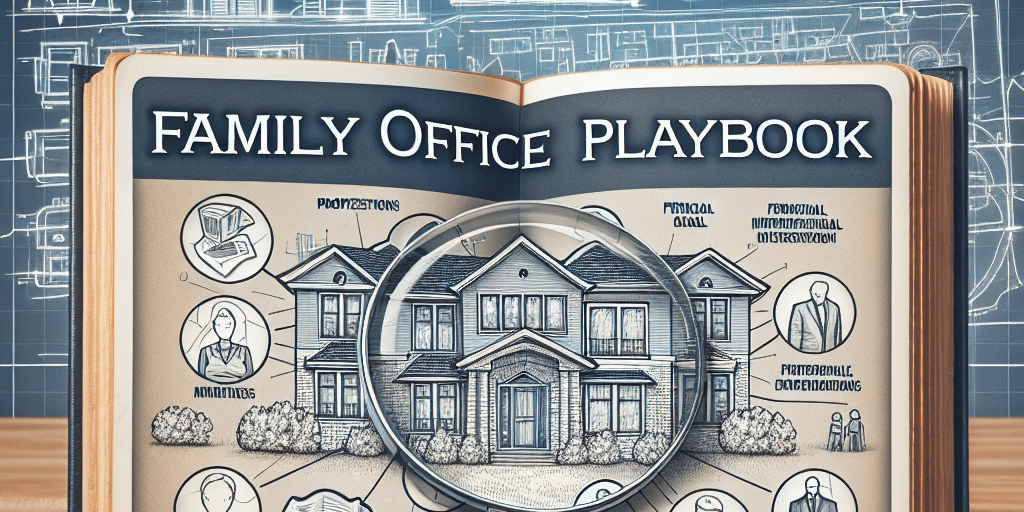In the world of family offices, real estate often represents a significant portion of the investment portfolio. However, the successful navigation of this complex field is contingent on a thorough understanding of due diligence. This article will walk you through the essential elements of mastering real estate due diligence, tailored specifically for family offices.
Understanding Real Estate Due Diligence
Due diligence in real estate refers to the process of evaluating a property to ensure it’s a viable investment. This encompasses various aspects including financial, legal, environmental, and physical assessments. For family offices, the stakes are high, making meticulous due diligence crucial.
The Due Diligence Process
The due diligence process can be broken down into several key steps:
- Financial Analysis: Review of property financial statements, tax returns, and rent rolls.
- Legal Review: Examination of titles, zoning laws, and any existing liens or encumbrances.
- Environmental Assessment: Identification of any potential environmental hazards or contamination issues.
- Physical Inspection: Thorough examination of the property’s condition and required repairs.
- Market Analysis: Assessment of the local real estate market trends, comparable sales, and economic conditions.
Key Considerations for Family Offices
While the fundamentals of due diligence apply broadly, family offices should pay attention to specific considerations:
- Long-Term Investment Horizon: Family offices typically have a long-term strategy, influencing how they assess risks and returns.
- Asset Diversification: Balancing real estate with other asset classes to mitigate risks and enhance returns.
- Alignment with Family Values: Ensuring investments align with the family’s ethos, such as sustainability or community impact.
Common Pitfalls in Due Diligence
Even experienced investors can fall prey to common pitfalls:
- Insufficient Research: Skimping on comprehensive market and property research can lead to overlooked liabilities.
- Ignoring Expert Consultations: Relying solely on in-house knowledge and neglecting to hire professionals can be detrimental.
- Neglecting Future Trends: Failing to consider future developments in the local area can impact property value.
Conclusion
Mastering real estate due diligence is a cornerstone for family offices seeking to build and preserve wealth through property investments. By implementing a structured approach and remaining vigilant to potential pitfalls, family offices can make informed decisions that align with their long-term goals. Harnessing these strategies will not only enhance the investment process but also secure a prosperous future for family legacies.











